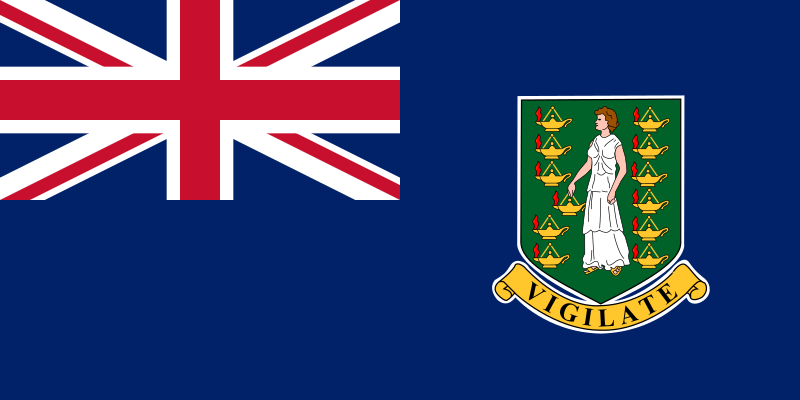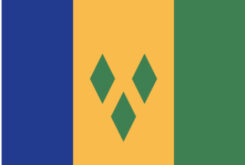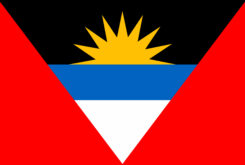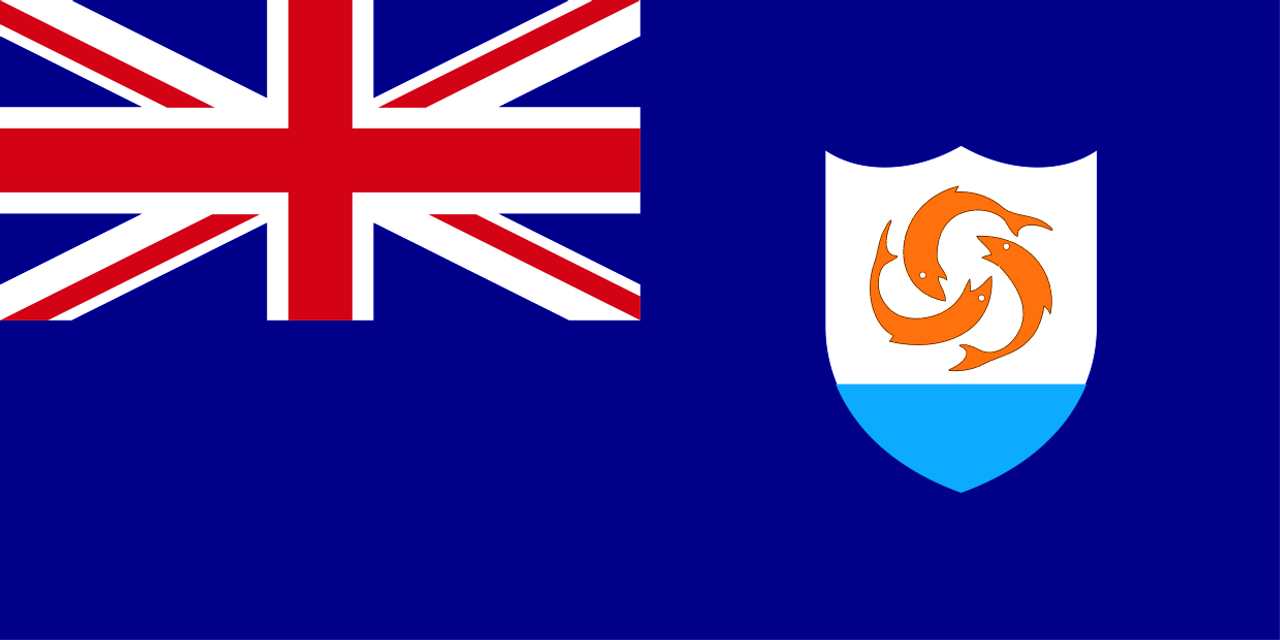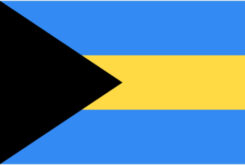The British Virgin Islands (BVI), officially the Virgin Islands, are a British overseas territory located on the Francis Drake Channel, east of Puerto Rico, in waters of the Caribbean Sea. The islands are part of the archipelago of the Virgin Islands, the other islands being part of the United States Virgin Islands and the Spanish Virgin Islands belonging to Puerto Rico.
The archipelago is made up of about forty islands, of which eleven are inhabited. The largest are Tortola, Virgin Gorda, Anegada and Jost Van Dyke. Its population is 27 800 inhabitants, living 23 000 on the island of Tortola, where it is located Road Town, the capital.
The executive power of the British Virgin Islands is shared between the monarch of the United Kingdom who is represented by a governor. This governor is appointed directly by the Queen on the advice of the British Government. Defense and foreign affairs are under the responsibility of the United Kingdom.
The BVI is one of the most prosperous economy among the Caribbean states, with one of the highest GDP per capita worldwide. Political stable, with modern infrastructures and a pro-business environment. Its main sectors are the offshore financial services and tourism. Due to its close relationship with the US Virgin Islands, the US Dollar is its official currency.
The British Virgin Islands is one of the world’s largest offshore financial centres and a world’s leading centre for company incorporation. The sector accounts on over half of the jurisdiction GDP and incorporation fees accounts for more than a half of Government revenue.
The other significant economic sector is tourism, which approximately contributes on nearly half of the national income and employs a great part of its population.
The islands are a popular destination for its numerous white sandy beaches, the Baths of the Virgin Gorda, scuba diving on coral reefs near Anegada, the well-known bars on the Jost Van Dyke, or chartered yachts for exploring the less accessible islands.


